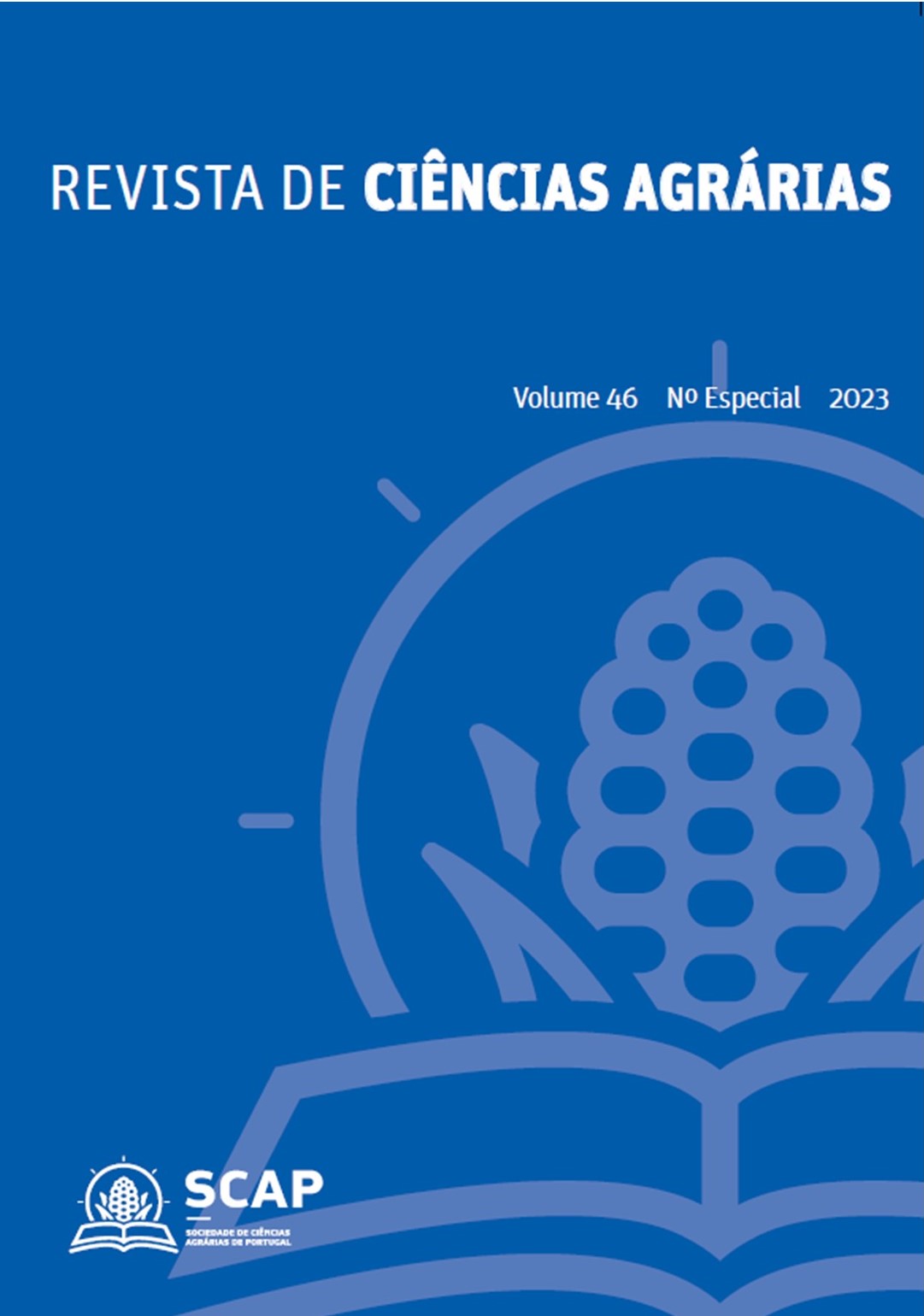Influence of organic matter on soil aggregates stability in a scrubland area after prescribed fire, NE Portugal
DOI:
https://doi.org/10.19084/rca.33877Abstract
The stability of soil aggregates is a crucial factor for soil functioning and sustainability. Aggregates are formed by the union of primary particles and cementing agents, with organic matter being a key component in this process. The aim of this study was to assess the effects of prescribed fire in the Montesinho Natural Park, NE Portugal, on soil aggregate stability and its relationship with changes in organic matter availability resulting from prescribed fire. Samples were collected at 11 points, at depths 0-3, 3-6, 6-10, and 10-20 cm, along two transects, with approximately 15 m distance between points and transects. After evaluating aggregate stability, the soil conditions before and after the fire were compared. The results indicated that exposure to high temperatures reduced soil aggregate stability and altered organic matter availability in the soil. Moreover, a significant correlation was found between organic matter content and aggregate stability, with approximately 58% of the variations being explained by this relationship. Thus, the presence of soil organic matter proved to be an efficient indicator of soil aggregation and consequently of soil quality.


